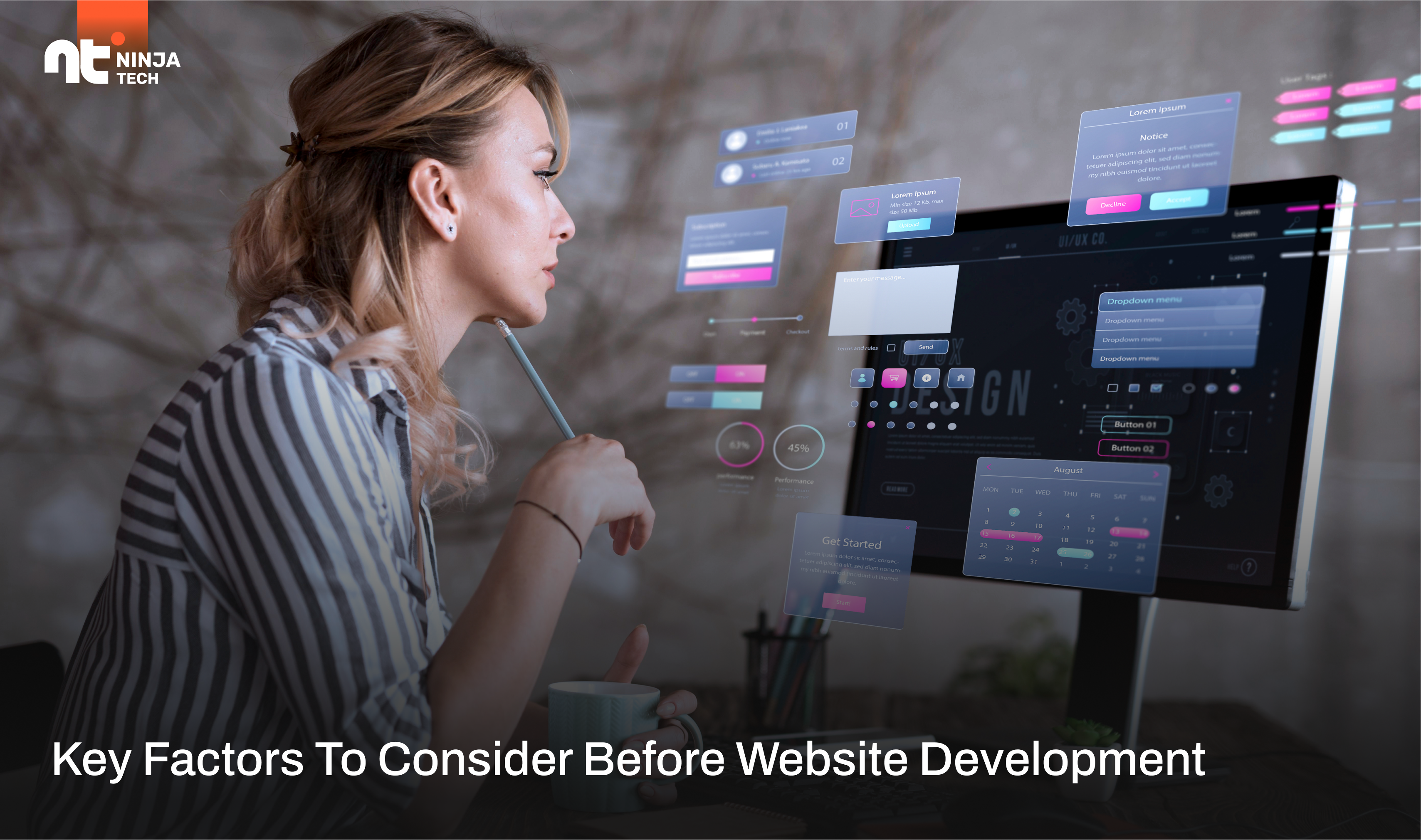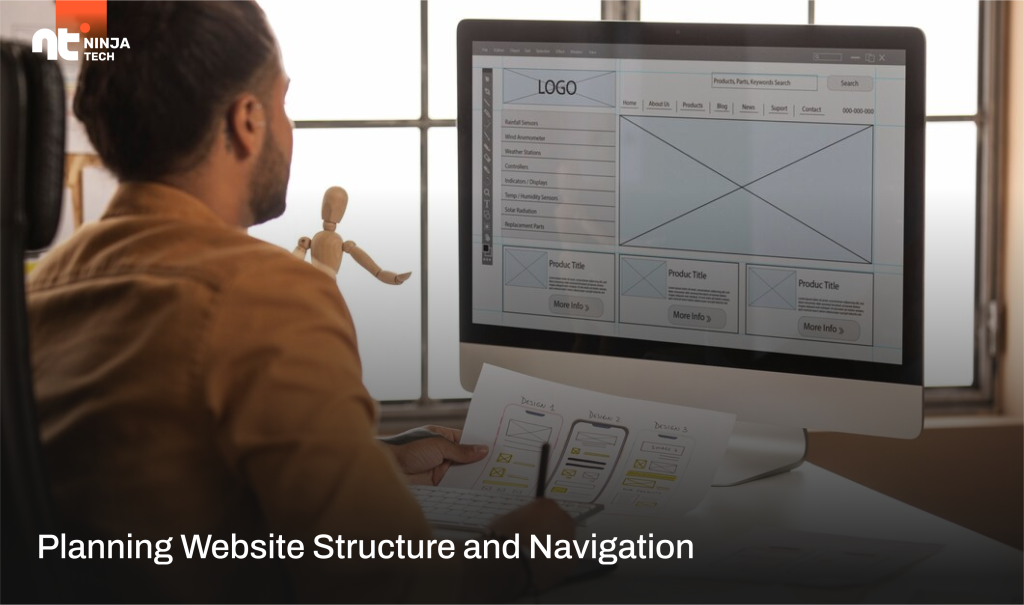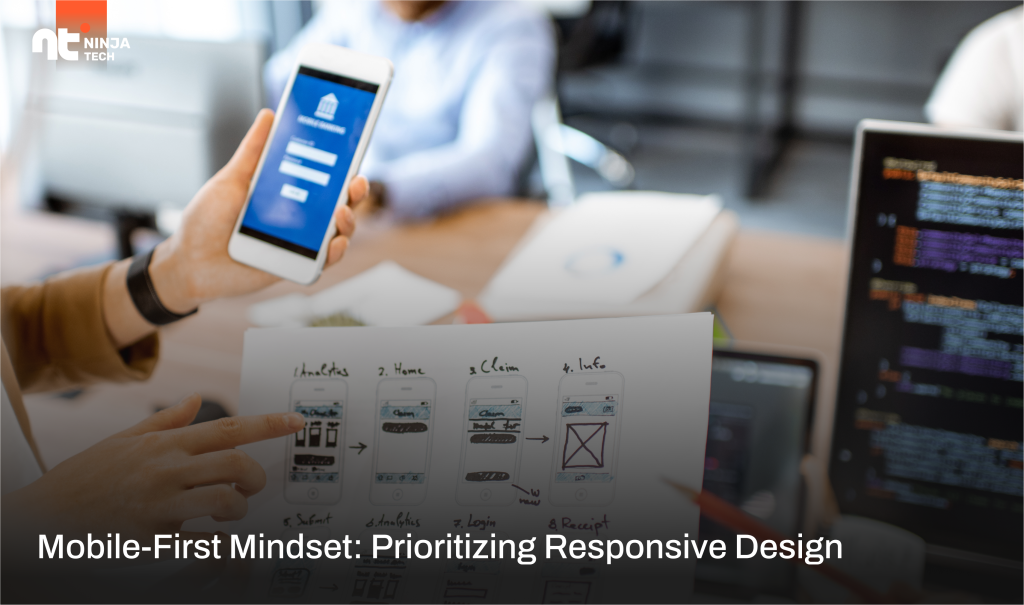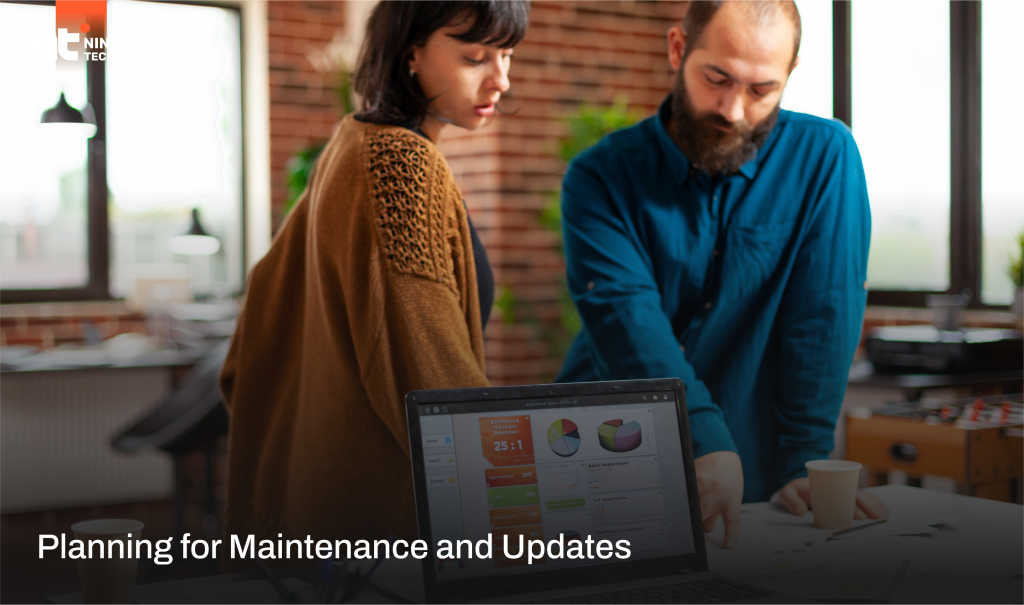Key Factors To Consider Before Website Development

Starting a website development project is an exhilarating journey for any business or individual. However, before delving into the process, it’s crucial to contemplate several vital factors to guarantee the triumph and efficiency of your website. Here are some significant aspects to bear in mind prior to initiating the website development process:
1. Define Your Goals and Objectives
Before beginning website development, clearly define your goals and objectives for the website. Determine what you want to achieve with your website, whether it’s increasing brand awareness, generating leads, driving sales, or providing information to visitors. Understanding your goals will guide the design and functionality of your website.
2. Identify Your Target Audience

Understanding your target audience is crucial for creating a website that resonates with your intended users. Conduct thorough research to identify your target demographic, including their demographics, preferences, behaviors, and needs. Tailor your website design, content, and messaging to appeal to your target audience effectively.
3. Choose the Right Platform and Technology
Selecting the right platform and technology for your website is essential for its success. Consider factors such as scalability, flexibility, ease of use, security, and customization options when choosing a website platform or content management system (CMS). Evaluate different options, such as WordPress, Shopify, or custom development, based on your specific needs and requirements.
4. Plan Your Website Structure and Navigation

Carefully plan the structure and navigation of your website to ensure a seamless user experience. Organize your content logically and intuitively, making it easy for visitors to find what they’re looking for quickly. Create clear navigation menus, breadcrumbs, and search functionality to help users navigate your website effortlessly.
5. Develop Compelling and Relevant Content
Content is king when it comes to website development. Develop compelling, informative, and relevant content that resonates with your target audience and aligns with your brand messaging. Consider incorporating a mix of text, images, videos, and other multimedia elements to engage visitors and keep them coming back for more.
6. Prioritize Mobile Responsiveness

In today’s mobile-centric world, ensuring your website is mobile-responsive is essential. With an increasing number of users accessing the internet on smartphones and tablets, your website must adapt to different screen sizes and devices seamlessly. Prioritize mobile responsiveness during the website development process to provide a consistent and optimized experience across all devices.
7. Focus on Search Engine Optimization (SEO)
Optimizing your website for search engines is crucial for driving organic traffic and improving visibility online. Incorporate SEO best practices into your website development strategy, including keyword research, meta tags optimization, image optimization, and content optimization. Consider hiring an SEO expert or consulting with a digital marketing agency to ensure your website ranks well in search engine results.
8. Ensure Website Security
Website security should be a top priority during the development process to protect your website and its users from cyber threats and attacks. Implement security measures such as SSL encryption, firewalls, regular security updates, and secure authentication protocols to safeguard sensitive data and prevent unauthorized access.
9. Test and Iterate
Testing is an integral part of the website development process to identify and address any issues or bugs before launching your website. Conduct thorough testing across different browsers, devices, and screen sizes to ensure compatibility and functionality. Gather feedback from beta testers and users to identify areas for improvement and iterate on your website accordingly.
10. Plan for Maintenance and Updates

Website development is an ongoing process that requires regular maintenance and updates to keep your website running smoothly and up-to-date. Develop a plan for website maintenance, including regular backups, software updates, security checks, and content updates. Consider setting up a schedule or hiring a web developer to handle ongoing maintenance tasks effectively.
By considering these key factors before website development, you can ensure that your website meets your goals, resonates with your target audience, and delivers a seamless user experience. Taking the time to plan and strategize upfront will set the foundation for a successful and effective website that drives results for your business or organization.
 UI/UX Design
UI/UX Design


